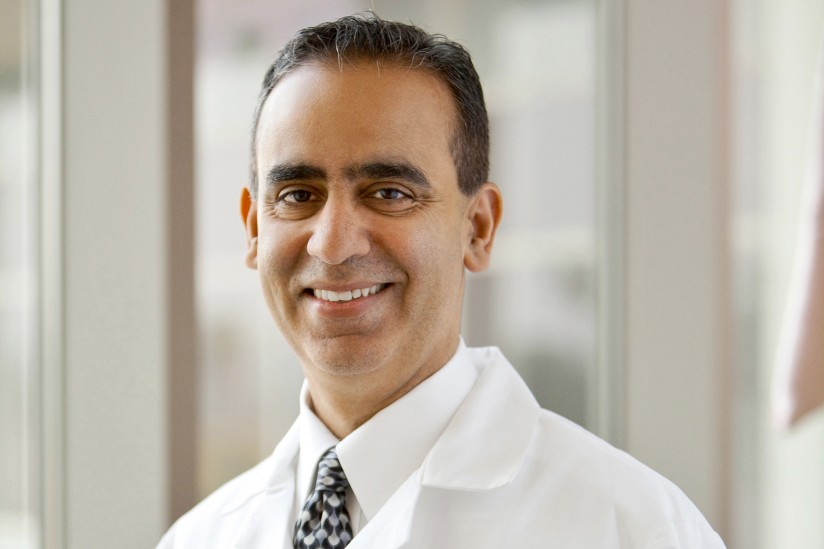
Keck Medical Center of USC is offering a new option for patients who need bone marrow (also called stem cell) transplants, but have not found a match. Haploidentical transplants allow patients who can only find partially matching donors to receive potentially life-saving bone marrow transplants.
“This greatly expands the donor pool so more patients will be helped,” said Preet Chaudhary, chief of the Jane Anne Nohl Division of Hematology and Center for the Study of Blood Diseases at the Keck School of Medicine of USC. Chaudhary is also a member of the USC Stem Cell Executive Committee.
Chaudhary added that only 35 to 40 percent of patients needing bone marrow transplants can find a perfect match. Those figures are higher for Caucasians and lower for some ethnic minorities.
Because finding a perfect match can take months, explained Chaudhary, there have been efforts find a method to use less-closely-matched tissue. Recent advances in drug therapy that prevent the patient from rejecting the donated marrow have finally made haploidentical bone marrow transplants possible.
Chaudhary said the outcomes associated with haploidentical transplants have reached the point of being nearly the same as transplants from closely-matched donors, though there may be a higher risk of infection.
There are also benefits, such as the fact that half-matched transplants are less time-consuming and less costly. Most importantly, they offer the chance for a cure to many people who thought they did not have one, such as the first patient of Chaudhary’s to receive a haploidentical transplant.
That patient had been diagnosed with Hodgkins lymphoma and did not find a donor who was a perfect match. Instead, the team at Keck Medical Center of USC decided to move forward with their first attempt at a haploidentical transplant in May.
“So far, we believe this patient has had a full recovery,” said Chaudhary, who added that they have performed a second haploidentical transplant in June. That patient, too, appears to have recovered well.
Allogeneic cellular therapy (ACT) is another type of treatment available for patients needing bone marrow transplants, which doesn’t require finding an exact match. Unlike a transplant, ACT involves giving patients white blood cells in an effort to rebuild healthy bone marrow.
